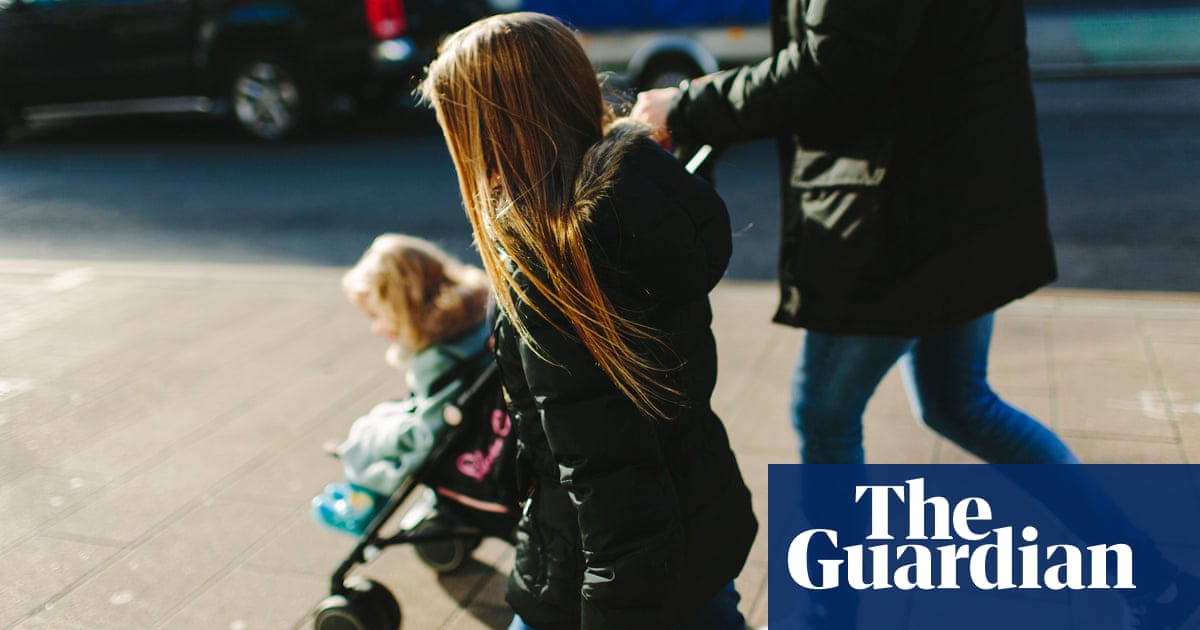Ministers are privately ruling out scrapping the two-child benefit cap despite warnings from charities that a failure to do so could result in the highest levels of child poverty since records began.
Government sources said charities and Labour MPs who were concerned that wider benefit cuts would push more families into poverty should “read the tea leaves” over Labour’s plans.
“If they still think we’re going to scrap the cap then they’re listening to the wrong people. We’re simply not going to find a way to do that. The cap is popular with key voters, who see it as a matter of fairness,” one source said.
In a letter toKeir Starmeron Tuesday, groups including Barnardo’s, Save the Children UK and Citizens Advice said scrapping the two-child benefit limit would be the most cost-effective way to reduce child poverty.
The ChildPovertyAction Group, which signed the letter, estimated the number of children in poverty would increase from 4.5 million to 4.8 million by 2029 unless urgent action is taken.
The government is planning to publish its long-awaited child poverty strategy in June, around the time of the spending review, raising expectations the plan will come with funding attached to try to drive down poverty levels.
The government is also launching its policy of introducing free breakfast clubs into all primary schools in England as part of an initiative to reduce child poverty. The first 750 clubs, providing 30 minutes of morning childcare, open on Tuesday as part of a trial before a national rollout.
Ministers said the extra time could save parents £450 a year, if their child went every day, with up to £7,500 more saved by the provision of 30 hours of free childcare per week from September, up from 15 hours a week.
The breakfast clubs policy is being promoted not only as a way to improve school attendance, educational performance and attainment, but also as a primary lever for reducing poverty, with 67,000 of the 180,000 pupils set to benefit coming from the most disadvantaged areas of England.
But Labour MPs said while they strongly supported breakfast clubs, they remained concerned the two-child cap, along with wider cuts to disability benefits, would drive more families with children into poverty.
“Ditching the cap is by far the most effective way of tackling child poverty. We have a moral obligation to do this,” one MP said. “I’m afraid they’ll use the breakfast clubs to soften us up to tell us the two-child benefit cap remains.”
Ministers are still looking at ways to alleviate the impact of the two-child limit for universal credit or child tax credit, imposed by the Conservatives in 2017, without spending the £3.6bn required to remove it entirely.
Among the options is applying the limit only to those with children who are five and over, exempting parents of disabled children or parents in work, and increasing child benefit payments for parents of young children. A separate proposal for a three-child limit has also been discussed.
Charities have called for Labour ministers to ditch the benefits restriction as part of the child poverty plan, warning that a failure to do could mean child poverty levels soaring by the end of this parliament.
In their letter to Starmer, they said: “Scrapping the two-child limit is by far the most cost-effective way to reduce child poverty. It would lift 350,000 children out of poverty overnight and result in 700,000 children living in less deep poverty.
“If it is not scrapped, the stark reality is that child poverty will be significantly higher at the end of this parliament than when the government took office, making this the first time a Labour government would leave such a legacy.”
However, aides said there was little political appetite within No 10 to lift the cap entirely, with polls suggesting that voters support it. Others have suggested the tight fiscal circumstances mean ministers will not change track, despite some feeling the limit is overly punitive.
